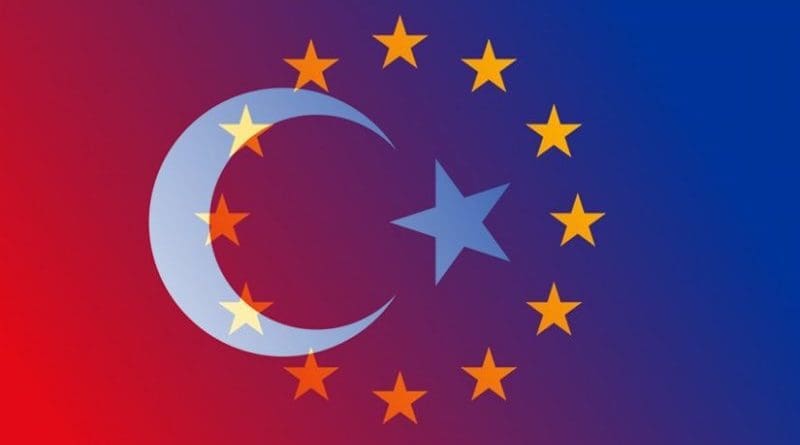Turkey: Building Bridges For Prosperity – Speech
By Štefan Füle, European Commissioner for Enlargement and European Neighbourhood Policy
Speech at European Business Summit
Excellencies, Ladies and Gentlemen,
It is a great pleasure to be here today.
I would like to thank BUSINESS EUROPE and the Federation of Enterprises in Belgium for the organisation of this important event.
I would like to start by addressing an issue which is often ignored but which is one of the corner stones of the EU Turkey relationship: our close economic ties.
Let me give you a brief snapshot:
We have an overall successful customs union, which more than tripled EU-Turkey trade since 1995 – our trade now exceeds € 100 billion [in 2010];
Foreign direct investments (FDI) of the EU into Turkey reached around € 6.7 billion in 2010;
We have long-standing and well-established trade relations between big European and Turkish companies in all sectors of the economy. At the same time, Turkish companies are becoming all the more active in the EU and mergers and acquisitions increase.
This all demonstrates that Turkey has become a key contributor to Europe’s competitiveness in the global economy. And even much more than that: Turkey is a partner of key strategic importance to the EU, in terms of security, stability, prosperity and energy supply.
I am aware of the impatience of Turkish business on further progress on visa issues. As this is often forgotten I would like to remind all of us that Turkish migrant workers make a vital contribution to the European economy even with the current visa regime. But more importantly, the Justice and Home Affairs Council of February has opened a clear perspective for an intensified cooperation on visa issues.
I am happy to say that as early as July the consulates of our Member States in Turkey are expected to implement a simplified and harmonised visa regime. This is a first step that should become the stepping stone towards our common final goal: a visa free regime.
At the same time, the European Union is THE key strategic ally for Turkey as well: we provide most of its technology transfers, 2/3 of its FDI, and we are its biggest trading partner.
Yet this massive mutual interest often goes unreported and unacknowledged as media coverage focuses on the political challenges facing the accession process. And we have to recognise that there are important political issues that currently impede progress in the accession negotiations. And I would expect the Turkish government to address these political issues in a decisive manner after the elections.
I would, however, urge all businesses here today to be strong advocates of deepening our economic relationship in all contacts with government, the media and the population at large.
Looking to the future, our common challenge is to deepen EU-Turkey integration even further. The accession negotiations are the best tool to do this, not just in the narrow economic sense but also through anchoring the rule of law.
I would like to emphasise that continuation of structural reforms is of vital importance in order to ensure the sustainability of the economic gains of recent years and to better protect the economy from future shocks. Furthermore, a long-awaited revitalisation of Turkey’s political and institutional reform process to accelerate the country’s democratic and economic transformation would further strengthen our business and economic ties and attract even more investment.
Now, in closing, I would like to benefit from the presence of so many business partners by asking your views on a number of specific questions.
Firstly: in which areas will further integration bring particular benefits to business, and to Turkish citizens?
To begin with, I would suggest that full alignment on competition policy including state aid is vital. The same applies to aligning public procurement rules, which would provide all Turkish business with a more open, transparent and efficient economy.
Secondly I would be interested to hear what you consider to be the challenges facing progress in these areas; are they legislative, or do they relate to a lack of administrative capacity or knowledge?
Thirdly and most importantly: how can we all work together to overcome these challenges and see a deepening of our economic relationship to the mutual benefit of all of our businesses and citizens?
I look forward to your views and suggestions.

